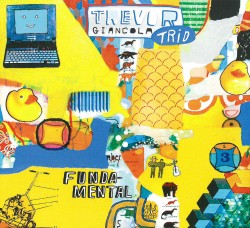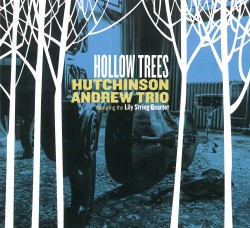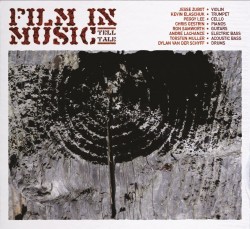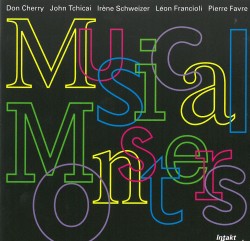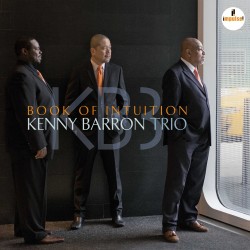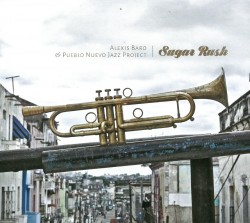Of the Tree - Autobahn
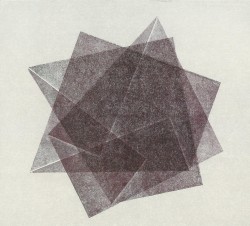 Of the Tree
Of the Tree
Autobahn
Independent (autobahntrio.com)
Toronto-based trio Autobahn is a magical, whimsical and rocking jazz trio. Band members Jeff LaRochelle (tenor sax and bass clarinet), James Hill (piano) and Ian Wright (drums) are equally astute in just playing the notes on set tunes, improvising on them and exploring soundscapes in a freer improvisational style. The absence of a bass instrument in the group opens up new sonic territory both for the listener and the musicians, adding to Autobahn’s distinct original sound.
The 12-track release features many highlights. The opening Grounded sets the listening stage with its abstract ambient colours and dynamics. The more mainstream Forgiveness features both soaring sax and driving piano solos over an upbeat energetic drum kit backdrop. Roots (Of the Tree) is a welcome diversion as LaRochelle plays a solo sax track with spontaneity and musicality. The slower Tribute features LaRochelle now on a lyrical bass clarinet with Hill’s tinkling piano lines and repetitive chords, and Wright’s atmospheric drums creating a futuristic jazz ballad grounded in the past. The closing track Airborne is reminiscent of the initial track, with its opening washes of sound leading into a brief rhythmic rocking segment before ending the show with a long-held tone.
Autobahn is a band capable of playing solidly both in the classic jazz tradition and more contemporary atonal styles. Of the Tree is the perfect aural calling card for the band and its individual players.


